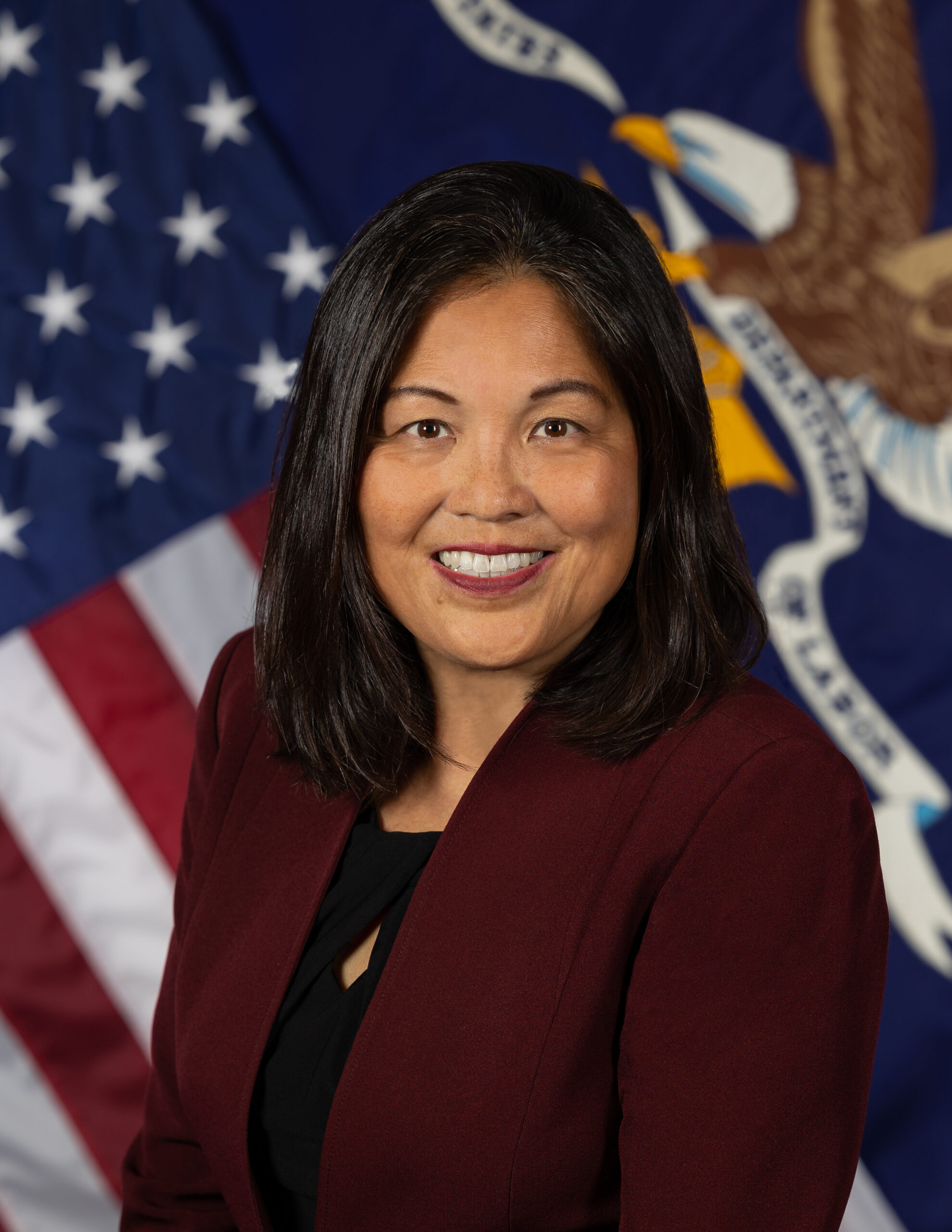Posts tagged Wage and Hour Division

Testimony: Rachel Greszler: Labor Law Reform Part 1: Diagnosing the Issues, Exploring Current Proposals
October 10, 2025 // SummaryToday’s challenges—from the rise of artificial intelligence to the expansion of independent work and the growing demand for flexibility, autonomy, and new skills—necessitate modernized labor laws that are pro-worker and pro-employer, regardless of the type of workplace. Heavy-handed government interventions and attempts to bring back the 1950s’ ways of work are not the answers. American labor laws should preserve the freedom, dignity, and opportunity that make American work exceptional.

Chair Cassidy, Scott, Paul Release Legislative Package Empowering Independent Workers to Access Portable Benefits
July 7, 2025 // “We applaud Sen. Cassidy for striving to ensure independent contractors can be protected and receive benefits similar to employees without jeopardizing their entrepreneurship or independence. The Unlocking Benefits for Independent Workers Act supports independent contractors and freelancers by allowing businesses to provide benefits without redefining worker status. In today’s evolving economy, flexible work shouldn’t come at the cost of healthcare or retirement security. This legislation helps ensure that all American workers – regardless of classification – can have access to benefits like health care and retirement plans,” said F. Vincent Vernuccio, J.D., President, Institute for the American Worker.
Op-ed: Trump is neutering the Labor Department
April 12, 2025 // For union president Aliyah Levin, executive vice president Rob Sax and vice president Omar Algeciras, this moment is not just about protecting jobs but about protecting the mission of the department and, by extension, the public. At the core of the union leaders’ concerns is the Trump administration’s clear hostility toward federal civil servants. As Levin put it bluntly, “What is wrong with this administration that they’ve made public servants the enemy?”

Michigan Republican presses Chavez-DeRemer to rescind Biden-era labor regulations
March 20, 2025 // “I encourage DOL to enforce its laws while providing robust compliance assistance to workers and businesses instead of continuing the enforcement-only approach taken by the Biden-Harris administration,” Walberg said Wednesday to Chavez-DeRemer in a letter shared with The Hill.
Former EEOC Commissioner and Acting WHD Administrator Keith Sonderling Announced as Pick for Deputy Secretary of Labor
January 16, 2025 // The deputy secretary of labor serves as the de facto chief operating officer of the DOL, managing an approximately 17,000-person workforce and a $14 billion dollar budget. Further, the deputy manages the politically appointed heads of each agency that falls under the DOL, including vital agencies such as the Occupational Safety and Health Administration, WHD, the Employee Benefits Security Administration, and the Office of Federal Contract Compliance Programs (OFCCP), among others. Sonderling has a track record of prioritizing clear guidance on both traditional issues such as those found in wage and hour law or occupational safety and cutting-edge issues such as the use of artificial intelligence (AI) in the workplace. Sonderling’s record throughout his career provides insight into what employers can expect from Sonderling’s leadership as the deputy secretary of labor.
New protections empower H-2A agricultural workers to organize
June 27, 2024 // DOL’s new rule becomes effective on June 28. However, according to the agency, H-2A applications filed before Aug. 28, 2024, will be processed according to previously applicable federal regulations, and applications submitted on or after Aug. 29 will be processed in accordance with the provisions of the new Farmworker Protection Rule
Trucking groups slam DOL’s new worker classification rule as ‘un-American’
January 10, 2024 // The coordinated release of this rule with the renomination of Julie Su to lead the Department of Labor is proof positive that the Administration is doubling down on destructive policies that eliminate choice and opportunity for our workforce. Had Su actually taken the time to talk to independent contractors, she’d know firsthand what a misguided rule this really is. That is exactly why we opposed her nomination before and why we will continue to oppose it now. Radical California agendas have no place in federal policy.” Spear vowed that the ATA “will work with members of Congress and other stakeholders to defeat this ill-advised rule.” In a statement, the Intermodal Association of North America (IANA) called the new requirements “burdensome,” adding that they “significantly limit the use of independent contractors in the trucking industry and threaten to force the reclassification of over 80 percent of intermodal drayage drivers that currently enjoy independent contractor status.”
Labor Department would ignore law to change overtime rules
November 16, 2023 // The DOL’s preamble to its proposals repeats as if a mantra its reliance upon “the authority that the FLSA grants to the Secretary to define and delimit the EAP exemption.” But in its repetitions of the define-and-delimit mantra, the DOL omits the part where the FLSA says the terms of the exemption are to be defined and delimited “by regulations of the Secretary, subject to the provisions of subchapter II of chapter 5 of Title 5.” Those provisions, known as the Administrative Procedure Act, require regulations to be adopted through a procedure that gives the public a chance to submit comments on a proposed regulation and requires the agency to respond to significant comments. The DOL proposal to make future increases in the salary levels automatic violates the Administrative Procedure Act’s requirements.

Counterpoint: Davis-Bacon Requires Pork Spending, Costs Taxpayers Billions
October 23, 2023 // The Davis-Bacon Act was passed in 1931 and was initially meant to counter a Depression-era practice of literally busing in workers from a lower-paying region so employers didn’t have to hire local workers who would not work for the wages being offered. This practice benefitted many workers, frequently African-Americans, who lived in poor regions with little work. Busing in unskilled labor is rarely a factor with the law, as most federal projects involve skilled labor. The present-day purpose behind the Davis-Bacon Act is to boost unions. The Labor Department’s Wage and Hour Division is the entity that surveys businesses and determines the prevailing wage for these types of projects. This wage mirrors what companies with collective bargaining contracts — union wages — pay their workers. Unions that drive up their members’ wages are thus protected from the economic consequences of doing that if their business involves federal contracts because non-unionized businesses will have to pay the same wages and, therefore lose any wage-price advantage. The AFL-CIO is one of the main boosters of the law, unsurprisingly.

Stymied Su Nomination Mirrors Slack Labor Department Rulemaking
May 24, 2023 // “By freezing your regulatory agenda, you are in essence avoiding the embarrassment or the explanation of something you might do that is controversial and could have a negative impact on your nomination,” said Patrick Pizzella, a former deputy secretary of labor
